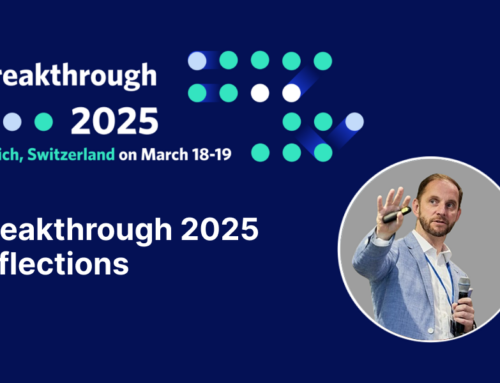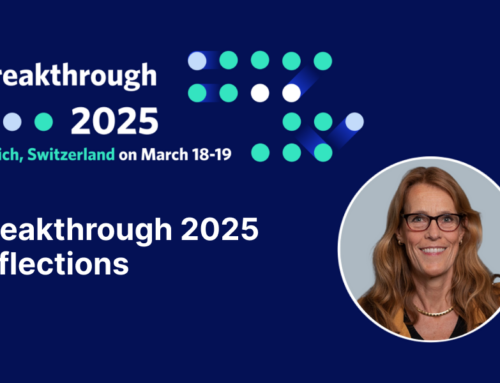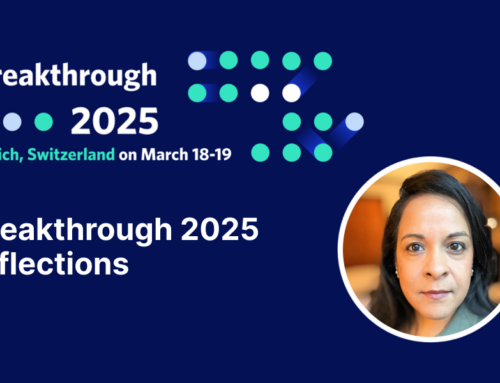How is Artificial Intelligence Affecting Drug Safety?
Pharmacovigilance is at a crossroads. On the one hand, several factors are pushing life sciences companies to rethink their processes and technologies, while, on the other, technological breakthroughs and large-scale consumer adoption of next-generation platforms are pushing companies toward innovation, such as artificial intelligence in pharmacovigilance.
The best, most innovative way forward for PV departments may well be automation, as they address the challenges (or market pull factors) and opportunities (or technology push capabilities).
Understanding the Challenges of Drug Safety & Pharmacovigilance
The challenges are many-fold. First, there’s the increasing number of drugs on the market. In 2017, the FDA approved 46 new molecular entities (NMEs). On top of those, several combination products, vaccines, cellular and gene therapies were approved, and more generic variants entered the market. Many of these new medicines are a great deal more complex than small molecule products, and understanding safety for these complex molecules is not straightforward.
There has been a five-fold increase in adverse events (AEs) to the FDA’s Adverse Event Reporting System (FAERS) from 2004 to 2015, according to one report. Other regulators have reported similar trends. The European Medicines Agency noted in its 2015 report on EurdraVigilance for the European Parliament, the Council and the Commission that the number of adverse drug reaction (ADR) reports had continued to rise, with a 10% rise in 2015, and a 29% rise in the number of reports submitted directly by European patients and consumers through the national competent authorities.
The rise in reported AEs and ADRs has a resource and cost implication for PV departments. On top of this, employee satisfaction is affected by increased workload, particularly when it comes to handling manual and repetitive tasks.
Can AI Help Overcome Drug Safety Challenges?
Where, then, do the opportunities for overcoming these challenges lie? Artificial intelligence, sometimes referred to as a fourth industrial revolution – spanning machine learning, natural language process or natural language generation, and speech and image recognition offers enormous promise. Rapid strides have also been made in other automation technologies, including robotic process automation (RPA).
The exciting technological developments offer a potential solution to the growing challenges, or pull factors, in PV. Furthermore, AI and RPA are perhaps the best answer to keeping pace with an increasingly tech-savvy consumer, who is not only sharing information online but adding data through wearables and other connected devices.
By utilizing all these data, it becomes possible to learn individual risk factors based on certain parameters, such as a patient’s demographics, medical history, genetics and socio-economic conditions. AI-driven algorithms make it possible to provide recommendations accompanied by a probability value or a confidence interval, and this might help a company to decide not only which patients should use or avoid the product, but even which markets might be most suitable for product launch.
In so doing, the expectation is that there would be fewer AEs reported, which is not only good for the patient but also for the company.
Over the coming weeks, we will share insights on the role AI already is playing and its future potential in PV. Find out more about the role automation plays in pharmacovigilance by listening to the on-demand webcast “Productivity, Compliance and Quality: The Holy Grail in Pharmacovigilance.“
Contact Us
Pharmacovigilance is at a crossroads. On the one hand, several factors are pushing life sciences companies to rethink their processes and technologies, while, on the other, technological breakthroughs and large-scale consumer adoption of next-generation platforms are pushing companies toward innovation, such as artificial intelligence in pharmacovigilance.
The best, most innovative way forward for PV departments may well be automation, as they address the challenges (or market pull factors) and opportunities (or technology push capabilities). Contact the pharmacovigilance experts at ArisGlobal today!




